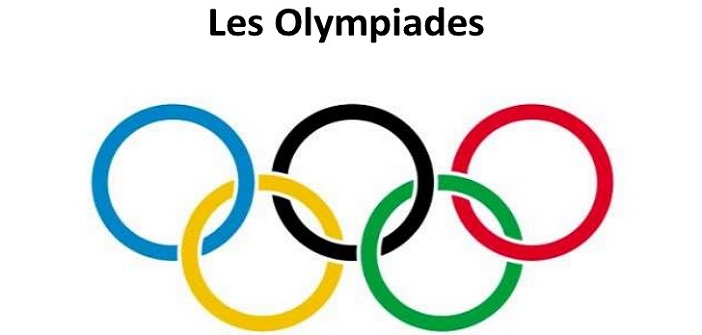In the world before, the COJO (Organizing Committee for the Olympic Games) Paris 2024 should have presented itself in force at the Tokyo 2020 Games. Four years from its event, the Parisian team had targeted the Japanese meeting to conduct an observation mission, deploy its communication, and introduce its private partners to the Olympic atmosphere. And as a digestif, they would have received the five-ring flag on the night of the closing ceremony.
The COVID-19 pandemic shattered its beautiful Tokyo plans. They were postponed by a year. The health crisis also dealt a severe blow to the organizing committee’s marketing plan. Will it recover?
After the sports and the sites, the crucial issue of partnerships. Certainly one of the most uncertain ones.
What has been accomplished
In the race for private partners, Paris 2024 set off at full speed, with the approach of a sprinter. The COJO even slightly jumped the gun by announcing as early as September 13, 2018—exactly one year to the day after the French capital was chosen by the IOC session in Lima—the signing of a first marketing agreement. A premium contract, the highest level of the national partnership program.
The banking group BPCE (Banque Populaire Caisse d’Epargne) boarded the train even before it arrived at the station. According to the IOC’s rules, the COJO should have waited until January 1 of the following year to announce its first sponsors. But the Olympic body gave its green light.
At the time, the COJO justified this exemption by its desire to send a strong signal to the rest of the market, to urge potential partners not to linger. It also explained wanting to respond to BPCE’s eagerness to be displayed early as a sponsor of the Games. The banking group was not part of the candidacy adventure, where its activity slot had been taken by BNP Paribas.
This initial acquisition seemed to herald others, expected to be very early as well. But the train quickly slowed down. The departure of Frédéric Longuépée, the COJO’s commercial director, to the presidency of the Girondins de Bordeaux, partly explains this slowdown. He was replaced by Marlène Masure as the commercial director.
Since then, Paris 2024 has expanded its lineup of partners. EDF joined BPCE at the forefront as a premium sponsor. Le Coq Sportif also placed its logo, but in the second tier of the program, as an official partner. The French brand joins the venture as the supplier for Paris 2024 and will succeed Lacoste after the Tokyo Games as the supplier for the French Olympic and Paralympic teams.
Last December, FDJ took its place in the second row reserved for official partners. A logical and expected arrival, as the Française des Jeux was already part of the candidacy phase. However, it will wait for the Tokyo Games to activate its partnership, a decision explaining the absence of its logo among the partners on the official Paris 2024 website.
Four years from the Paris 2024 Games, the COJO counts two premium partners and two official sponsors. Etienne Thobois, its general director, explained to FrancsJeux in May 2019, on the sidelines of SportAccord in Gold Coast, Australia, that he hoped to complete the first level, the premium partners, by the Tokyo 2020 Games. He anticipated a number of 6 to 8 companies. The delay is therefore real.
What remains to be done
Two-thirds of the journey, or even a bit more. The COJO Paris 2024 repeats like a refrain in all circumstances: “We do not communicate on contract amounts.” Message understood. But it’s easy to deduce from its partner catalog that the national marketing program is still well below the 500 million euro mark.
Tony Estanguet remains steadfast: the goal announced at the outset—1.2 billion euros—remains relevant. “We are confident in our ability to attract partners,” insists the COJO president. “The project has a unique attraction. In a crisis context, it represents an opportunity for companies to develop their activities as well as a showcase for their know-how and innovations.”
Realistic? Behind the scenes, a member of the organizing committee suggests that the 1.2 billion euro revenue target, presented as “very reasonable, even a bit too modest” at the time of its announcement, is now becoming “very ambitious.”
The name of a new partner will be announced very soon. The agreement has been finalized for several weeks. It involves a major French telecommunications group. They are expected to join the program at the premium level, as the official provider of telecommunications services.
The future remains very unclear. The evolution of the health crisis and its economic consequences, as well as whether the Tokyo 2021 Games will be held, are major questions for French companies tempted by the venture. They hesitate. And it’s understandable.


